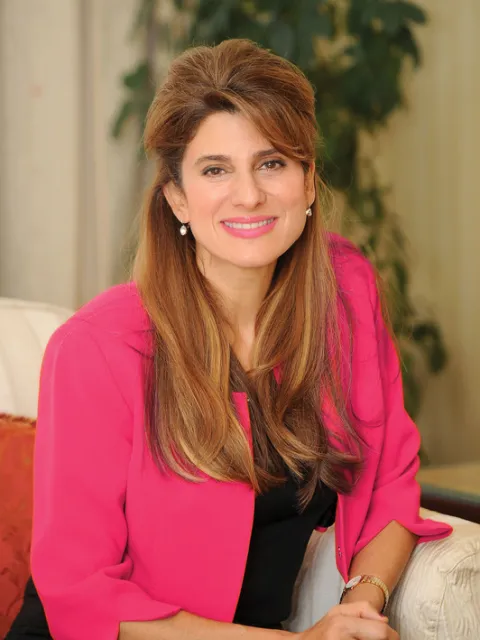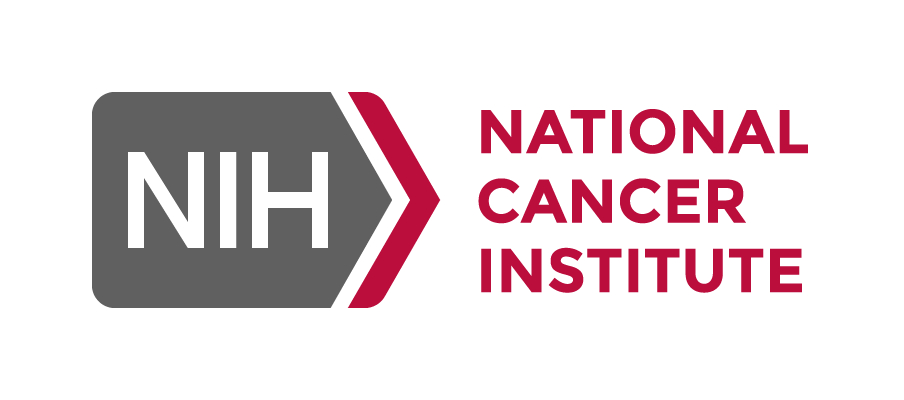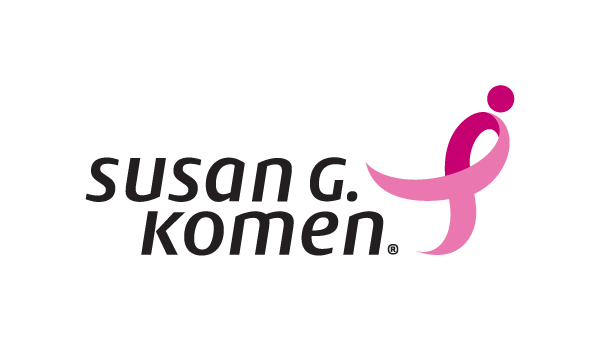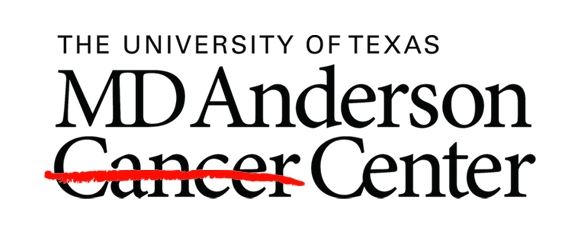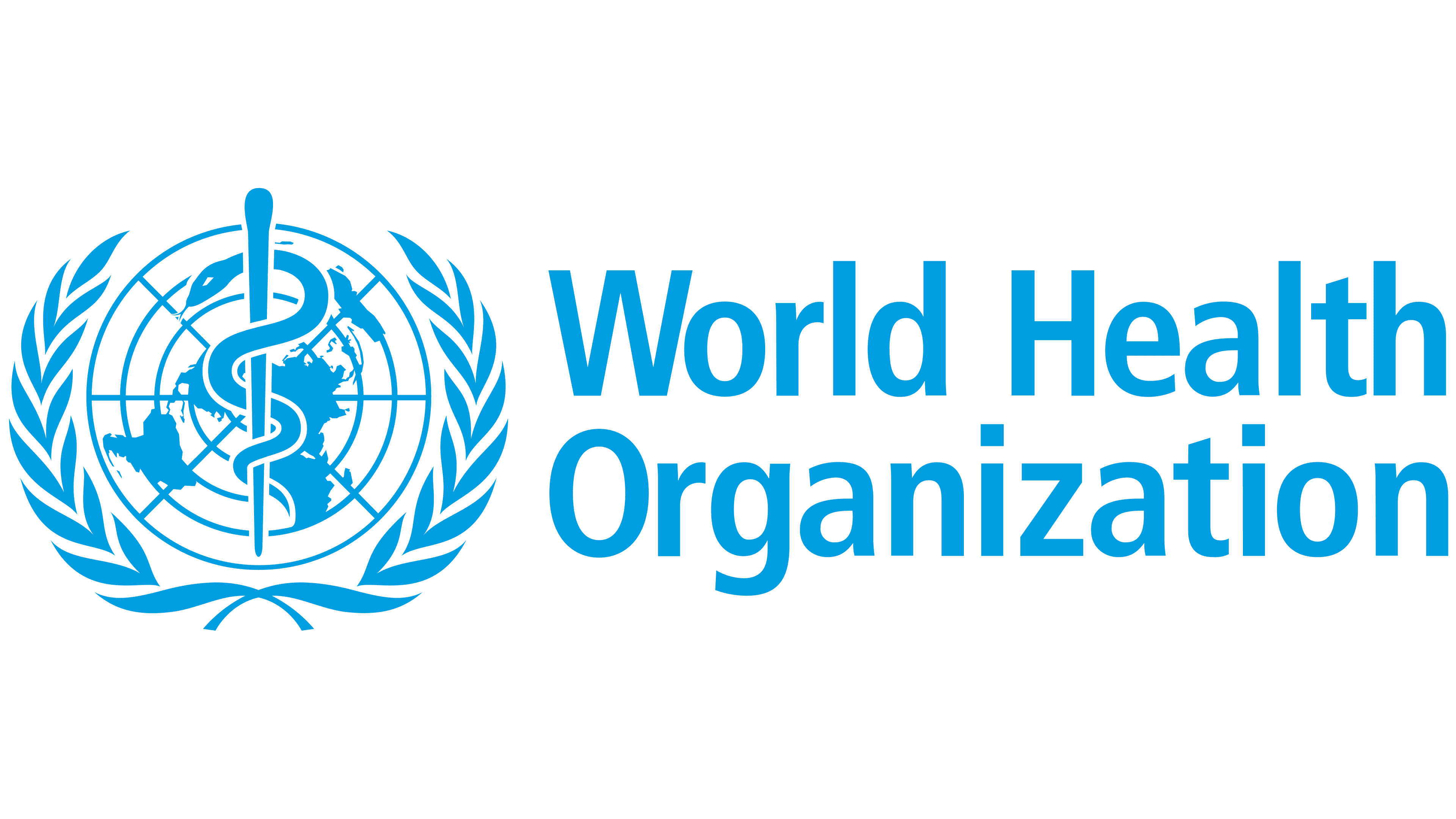Breast Cancer programme
UICC’s Breast Cancer programme is designed to respond to the urgent need to accelerate progress in breast cancer.
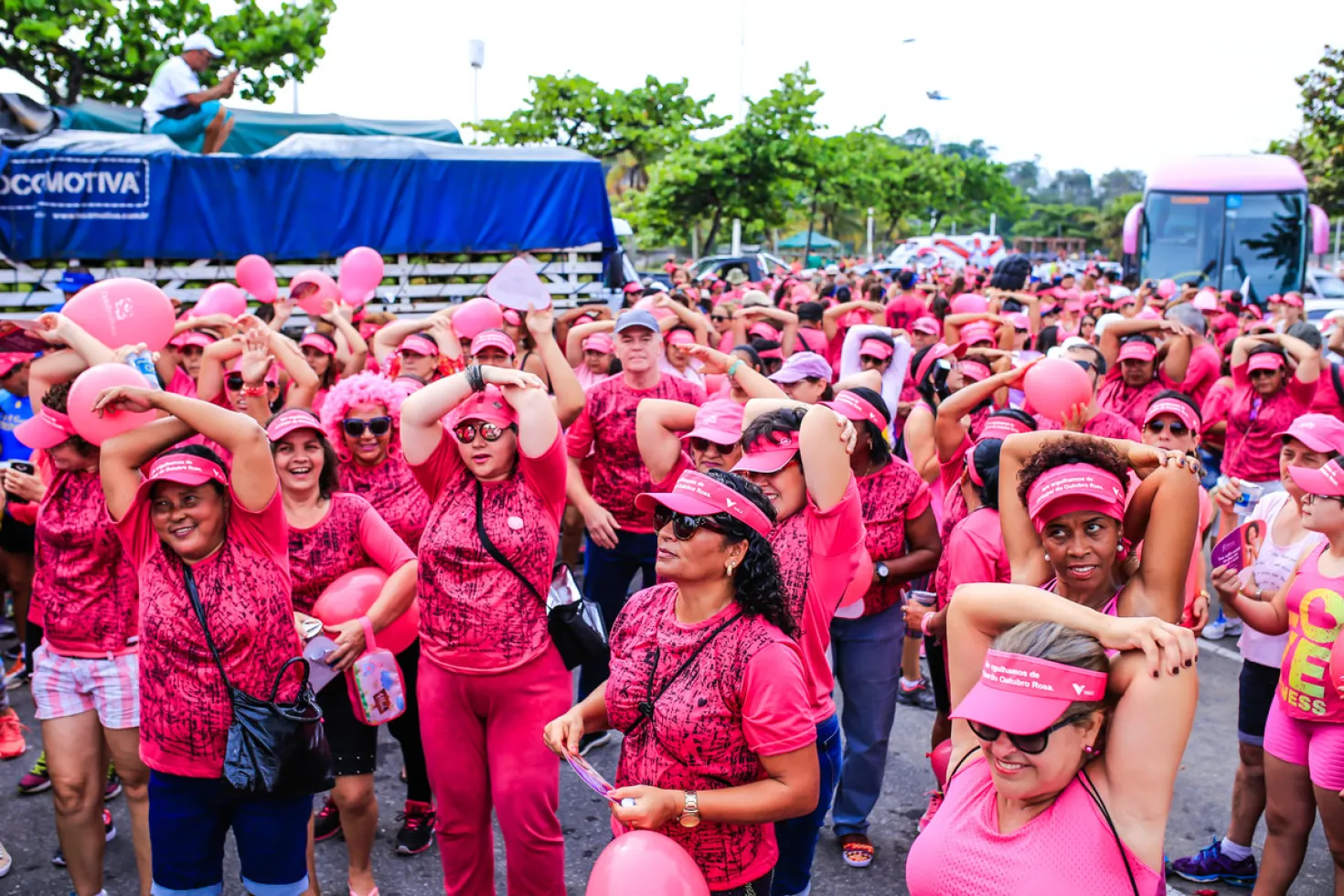
Strengthen and engage the global breast cancer community
UICC’s Breast Cancer programme is designed to respond to the urgent need to accelerate progress in breast cancer, which is the second most commonly diagnosed cancer in both men and women and the leading cause of death from cancer in women. This comprehensive programme strengthens and engages the global breast cancer community, with the overall goal of contributing to the reduction of premature deaths from breast cancer and improving the quality of life of patients.
Why now?
Despite advances and progress seen in breast cancer in recent years, current data highlight that breast cancer incidence and mortality remain the highest for cancer in women, and that this trend is only going to accelerate in the next 20 years.
Objectives of the programme
Leveraging established UICC Capacity Building programmes and convening platforms, the Breast Cancer programme aims to strengthen the capacity of key breast cancer actors to increase their impact and engage them in support of the WHO Global Breast Cancer Initiative (GBCI)’s targets.
Through a series of activities and opportunities, the programme aims to deliver the following key outcomes:
- Accelerate the development of breast cancer leaders
- Strengthen organisational capacities of breast cancer organisations, including patient groups
- Support the development of the health workforce in breast cancer
- Support national action on breast cancer in responding to key areas and needs in breast cancer control
- Strengthen networks and collaborations in breast cancer at a national, regional and global level
- Unite the voice of the breast cancer community, including patient groups, to advocate for more effective breast cancer control
The programme builds bridges between a vast array of stakeholders (cancer organisations, patient groups, healthcare providers, private sector, governments and multilateral agencies) at regional and global levels to catalyse engagement towards the WHO GBCI targets, with a focus on action in low and middle income countries.
Current activities
To achieve the above key outcomes, UICC is continually developing and offering new opportunities to support the breast cancer community, and provide a space to learn and share experiences, and evidence-based practices. Some key activities of the Breast Cancer programme (non-exhaustive) include:
Driving national action to advance early detection
UICC supports the launch of new projects driving national action to improve the early diagnosis of breast cancer. Since 2020, 19 projects lead by civil society organisations, hospitals and universities were awarded a one-year grant to implement projects to improve the early detection of breast cancer in 18 LMICs. Supported projects aimed at raising awareness of breast health and reducing stigma, training healthcare workers to recognise symptoms and guide patients, reaching underserved populations with existing services, improving referrals and timely diagnosis, and advocacy to engage stakeholders and mobilise resources. The 19 case studies of the early detection projects are available here.
Impact of the programme
Since its launch in 2020, the Breast Cancer programme has engaged over 888 individuals from 455 different organisations in 113 countries in a wide range of activities supporting the goals of the GBCI. To date, it has trained 2,971 breast cancer professionals, facilitated clinical examinations for 45,552 women, and strengthened advocacy by engaging 1,735 policymakers and reaching 632,029 people through campaigns, events, and information.
Advancing national breast cancer control through advocacy
The Breast Cancer programme is supporting organisations in the development and implementation of their national cancer advocacy efforts. UICC has recently developed a Breast Cancer Advocacy Handbook, aligned with WHO’s GBCI, to guide and inspire cancer organisations and advocates in mobilising governments and institutions to prioritise breast cancer in national funding and policy agendas, driving progress to reduce the national breast cancer burden. Complementing this, UICC has issued a Breast Cancer Advocacy Brief highlighting key policy recommendations for governments, and urging to make breast cancer a national health priority. Through the Cancer Advocates programme, cohorts of advocates benefit from exclusive opportunities during the one-year programme, based on their specific advocacy needs including trainings, mentorship support, peer-peer learning and events. The most recent cohort for 2025-26 is supporting 11 organisations with a focus on breast cancer.
Supporting knowledge exchange and professional development
Recognising the needs of its members to better understand the GBCI and how to engage with the initiative, UICC has developed the Global Breast Cancer Initiative foundational online course in collaboration with WHO. Launched in October 2024, the course is made available on demand exclusively to UICC members on UICC Connect, the new knowledge sharing and community platform enabling breast cancer groups to access online learning opportunities and interact virtually with each other. This course builds upon a dedicated Project ECHO® focusing on the Knowledge Summaries for Breast Cancer, which engaged 25 breast cancer organisations around the world for a period of six months with the objective of supporting them in delivering strong breast cancer control policies and programmes.
Convening the breast cancer community regionally and globally
Breast cancer is a topic featured and addressed across all the major UICC platforms. In the 2022 and 2024 World Cancer Congresses, in addition to a wide array of sessions on breast cancer, dedicated workshops were held in collaboration with the WHO GBCI on ‘Advancing early detection of breast cancer in resource-limited settings’, and ‘Advancing breast cancer treatment and care in resource-limited settings’.
In 2022/23, in conjunction with its members, UICC has organised a series of regional meetings, welcoming representatives of Ministries of Health, civil society organisations and technical partners, and supporting cross-sectoral discussions on women's cancers, in Francophone Africa, Latin America, and Asia-Pacific to enable growing collaborations for integrated approaches for women’s cancers. Finally, Virtual Dialogues are organised to engage the wider breast cancer community virtually on key topics.
Throughout the year, UICC members can exchange ideas on breast cancer and share on UICC’s online platform, UICC Connect.
Support the development of the health workforce in breast cancer
To strengthen the skills of individual healthcare professionals and share knowledge and expertise between organisations, breast cancer professionals have been supported through UICC's Technical Fellowships programme. Technical Fellowships allow individuals to visit another organisation for a period of up to two months to acquire specific skills or knowledge, for example in the area of public health or clinical service delivery.
A multi-partnership initiative
In line with its ambition to engage all actors from the breast cancer community, UICC’s Breast Cancer programme is a multi-partnership initiative gathering leading organisations from the private sector, development agencies and NGOs. The Programme is supported by Pfizer (Founding Partner), Daiichi Sankyo, the US National Cancer Institute Center for Global Health, Susan G. Komen and AstraZeneca, in support of the WHO's Global Breast Cancer Initiative.
In collaboration with:
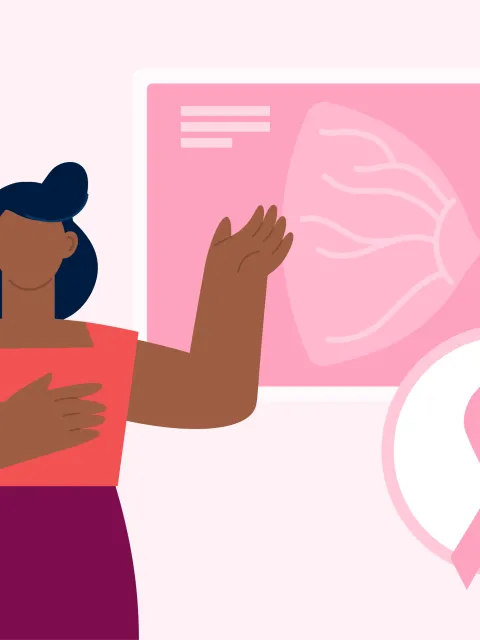
Breast cancer is the second most diagnosed cancer globally.
Breast cancer
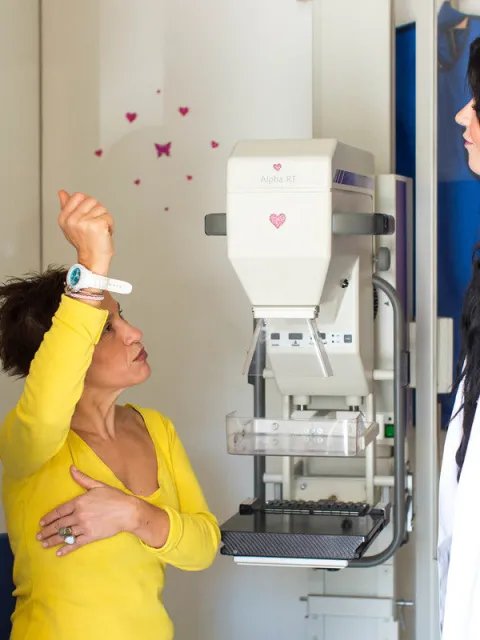
In the last decade, UICC has launched a series of initiatives to encourage early detection and improve access to treatment and care.
UICC’s actions on breast cancer
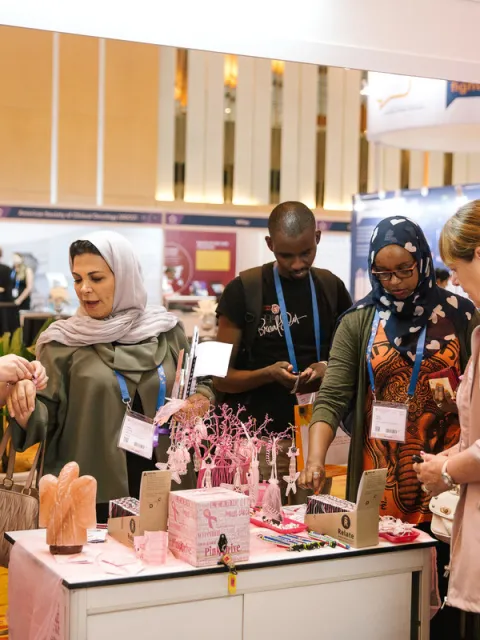
This page regroups resources on breast cancer control such as key documents, virtual dialogues, articles, videos and infographics.
Breast cancer resources
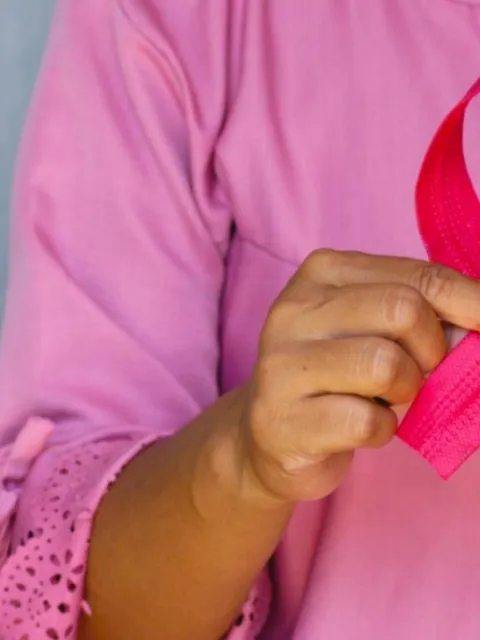
BC
Breast Cancer Awareness Month
Last update
Monday 02 February 2026